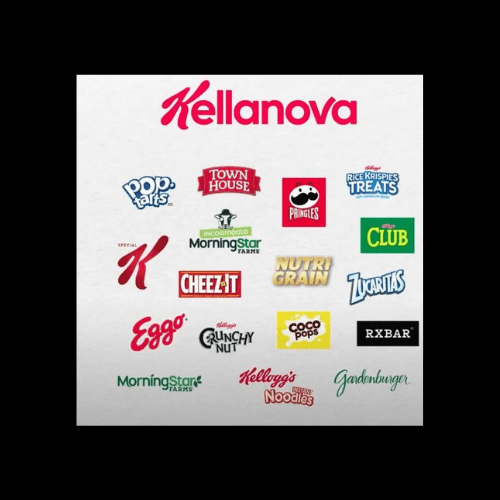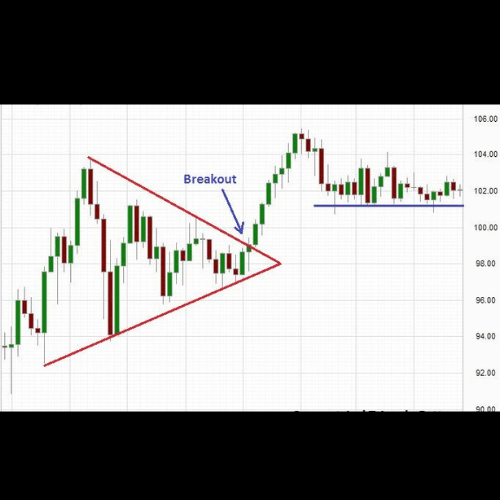Mars, the iconic family-owned company known for its beloved candy brands like M&M’s and Snickers, is reportedly considering a blockbuster acquisition of Kellanova (NYSE: K), the snack powerhouse behind Cheez-It and Pringles. This potential deal, still in its early stages according to insiders, could reshape the landscape of the packaged food industry.
If successful, the acquisition would be one of the largest ever seen in the sector. With Kellanova’s market value pegged at approximately $27 billion, including debt, the transaction would be a litmus test for regulators concerned about consolidation in the food industry.
Kellanova’s stock has surged around 20% since its split from WK Kellogg Co (NYSE: K) last October. Despite this rise, it still trades at a discount compared to some of its peers like Hershey (NYSE: HSY) and Mondelez International (NASDAQ: MDLZ), making it an attractive acquisition target.
However, there’s no guarantee that Mars will seal the deal. Sources caution that Kellanova might receive offers from other potential buyers, or the negotiations might not lead to any agreement at all. Both companies have chosen to remain tight-lipped, with Kellanova declining to comment and Mars not responding immediately to requests for information.
The packaged food industry has been a hotbed of mergers and acquisitions as companies strive to gain scale to offset challenges like price inflation and changing consumer demands. Notably, last year saw J.M. Smucker (NYSE: SJM) acquire Hostess Brands (NASDAQ: TWNK), the maker of Twinkies, for $5.6 billion, marking a significant union in the American snack market.
Despite these activities, many deals today are smaller in scale compared to the monumental Heinz and Kraft merger almost a decade ago. U.S. antitrust regulators are increasingly vigilant about potential mergers that could reduce consumer choice and drive up prices.
Food prices have skyrocketed by 25% between 2019 and 2023, outpacing other consumer goods and services, according to the U.S. Department of Agriculture. Reflecting this regulatory climate, the Federal Trade Commission, along with Colorado’s state government, has moved to block Kroger’s (NYSE: KR) proposed $25 billion acquisition of Albertsons (NYSE: ACI), citing concerns over potential price hikes for millions of Americans.
For Mars, acquiring Kellanova would represent its largest acquisition to date, surpassing its $9.1 billion purchase of veterinary hospital operator VCA in 2017. Based in McLean, Virginia, Mars is owned by the descendants of its founder, Frank C. Mars, and reports annual sales of about $47 billion. The company operates through three main divisions: Mars Petcare, Mars Snacking, and Mars Food & Nutrition.
Kellanova boasts a global presence, manufacturing its products in 21 countries and marketing them in over 180 countries. Since its separation from WK Kellogg, Kellanova has focused on snacks like Pop-Tarts and Rice Krispies Treats, as well as frozen breakfast foods such as Morningstar Farms and Eggo, while maintaining an international cereal division.
WK Kellogg, which has a market value of $1.5 billion, retained its North American cereal business, including iconic brands like Kellogg’s, Froot Loops, and Frosted Flakes, under a licensing agreement with Kellanova. Earlier this year, Reuters reported that TOMS Capital Investment Management had acquired a stake in Kellanova and was engaging with the company to enhance shareholder returns. However, details of these discussions remain under wraps.
by Steve Macalbry
Senior Editor,
BestGrowthStocks.Com
Disclaimer: The author of this article is not a licensed financial advisor. This article is intended for informational purposes only. It should not be considered financial or investment advice. We do not hold any form of equity in the securities mentioned in this article. Always consult with a certified financial professional before making any financial decisions. Growth stocks carry a high degree of risk, and you could lose your entire investment.








